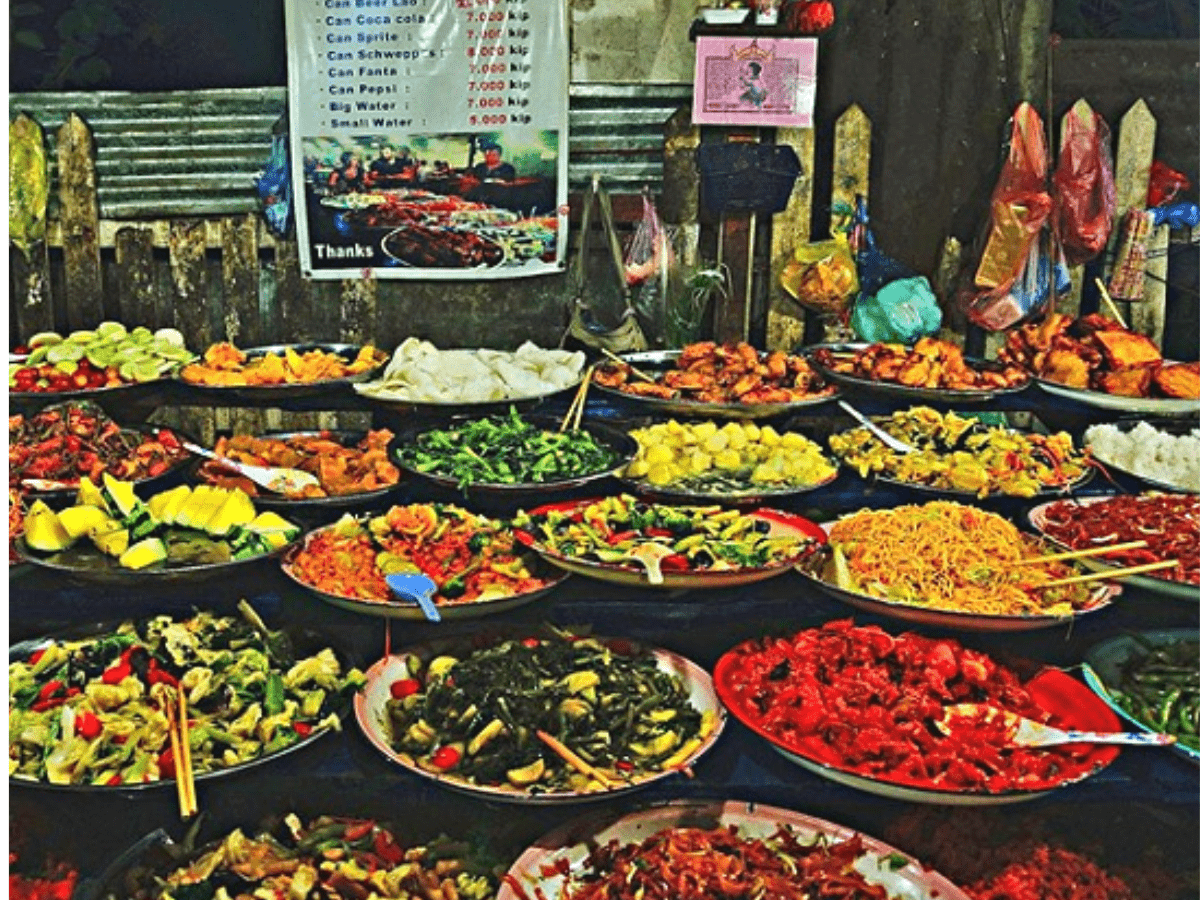
Following in the footsteps of Singapore’s world-famous open-air food courts, which have UNESCO recognition, India is planning 790 Indigenous Food Streets (IFS), an authorised vending zone that won’t just serve mouth-watering, safe, and good hygiene local delicacies, but will also enhance the country’s vibrant and unique street food culture.
According to sources, the Prime Minister’s Office is reviewing the Union Health Ministry’s proposal. A presentation was made to MPs during the previous Parliament session, and it received a positive response, they added.
The ministry, which will pilot the project, will be the funding agency for the creation of 790 Indigenous Food Streets, 158 of which will be built each year for the next five years. The project’s budget is Rs 395 crore with an expenditure of Rs 50 lakh per street over a period of 5 years. The health ministry has also allocated an additional 19.75 crore for conducting social audits.
An Indigenous Food Street will be designated as a vending zone that meets specific benchmarks for street food safety and hygiene, according to officials. Every parliamentary constituency, according to the proposal, will have at least one cluster of vendors, lanes, and streets designated as Indigenous Food Street.
While the health ministry will allocate 60% of the funds, the remaining 40% will come from the urban local body, MPLADS, or the state government. An Empowered Committee chaired by the Union health secretary will oversee the proposals.
According to the proposal, each street vendor will be required to have a valid allotment and registration with the Food Safety and Standards Authority of India (FSSAI), which is part of the health ministry.

